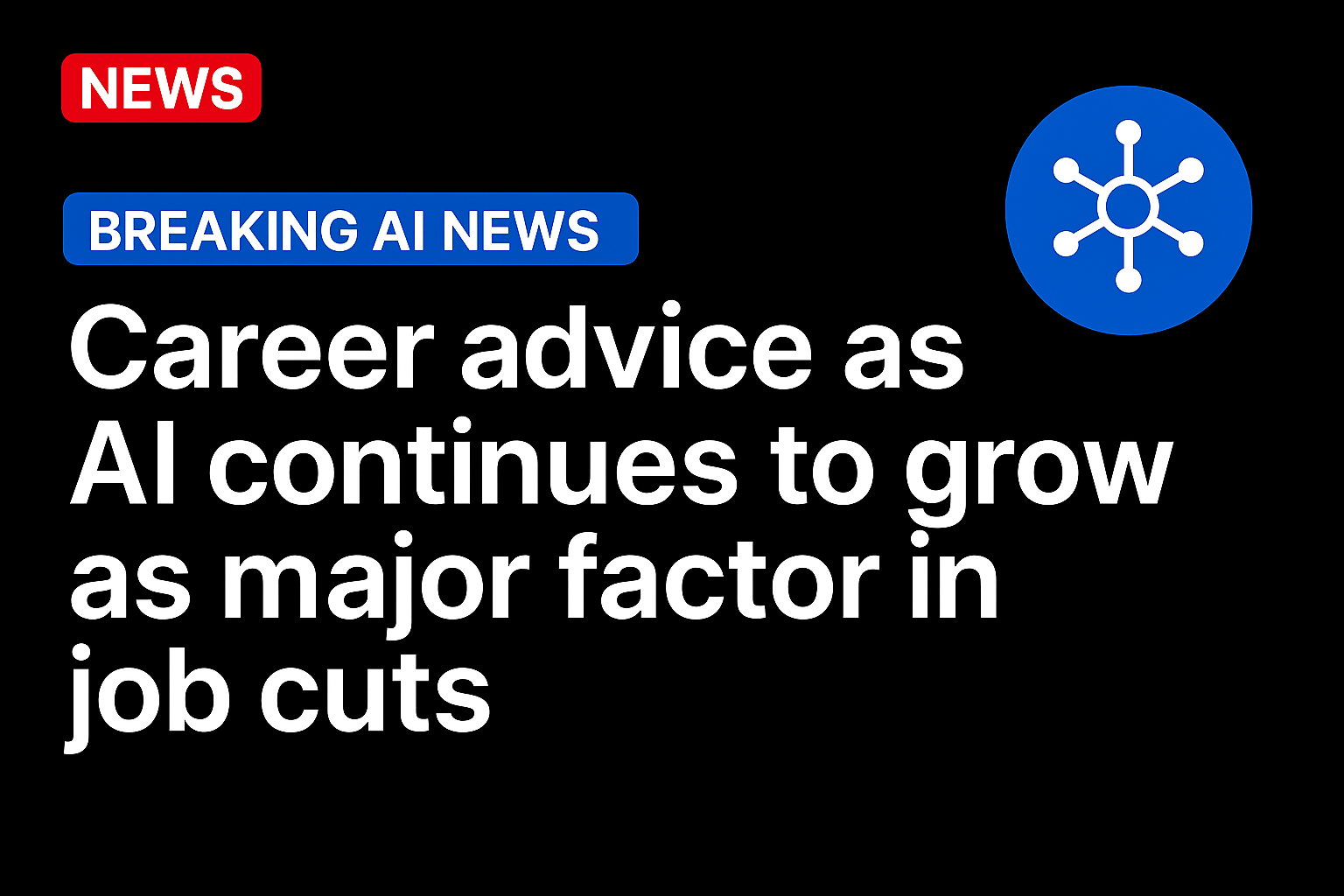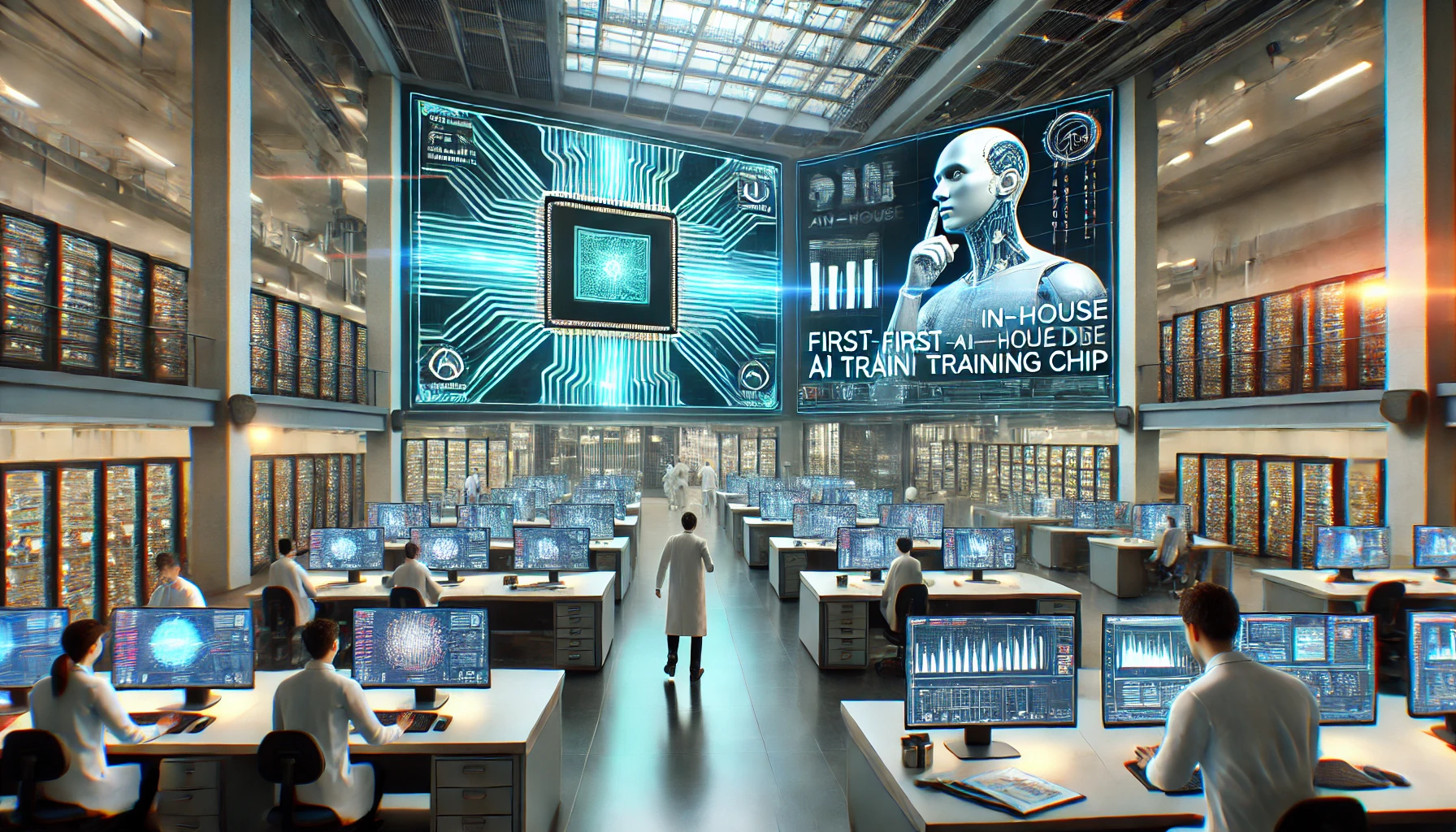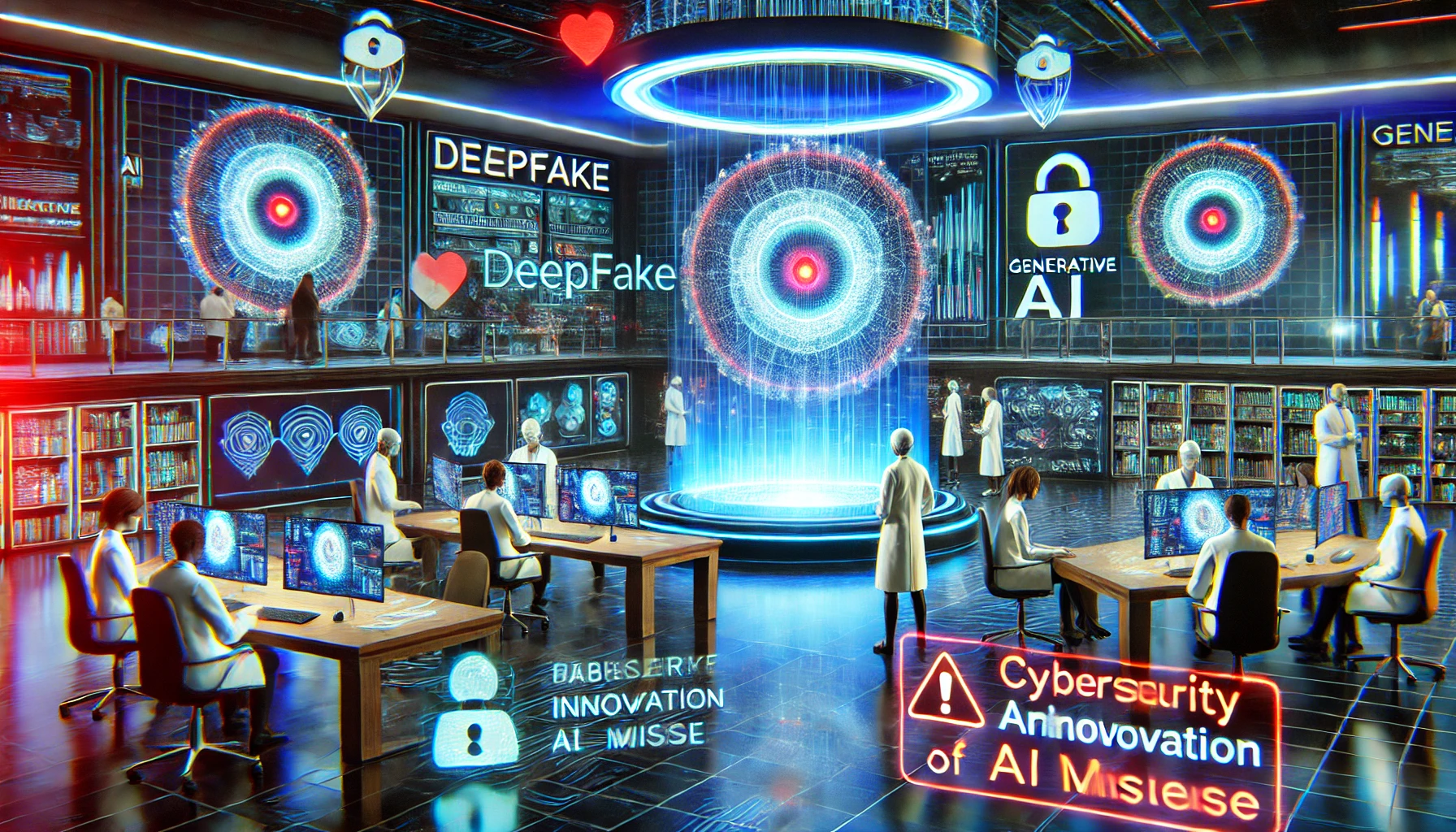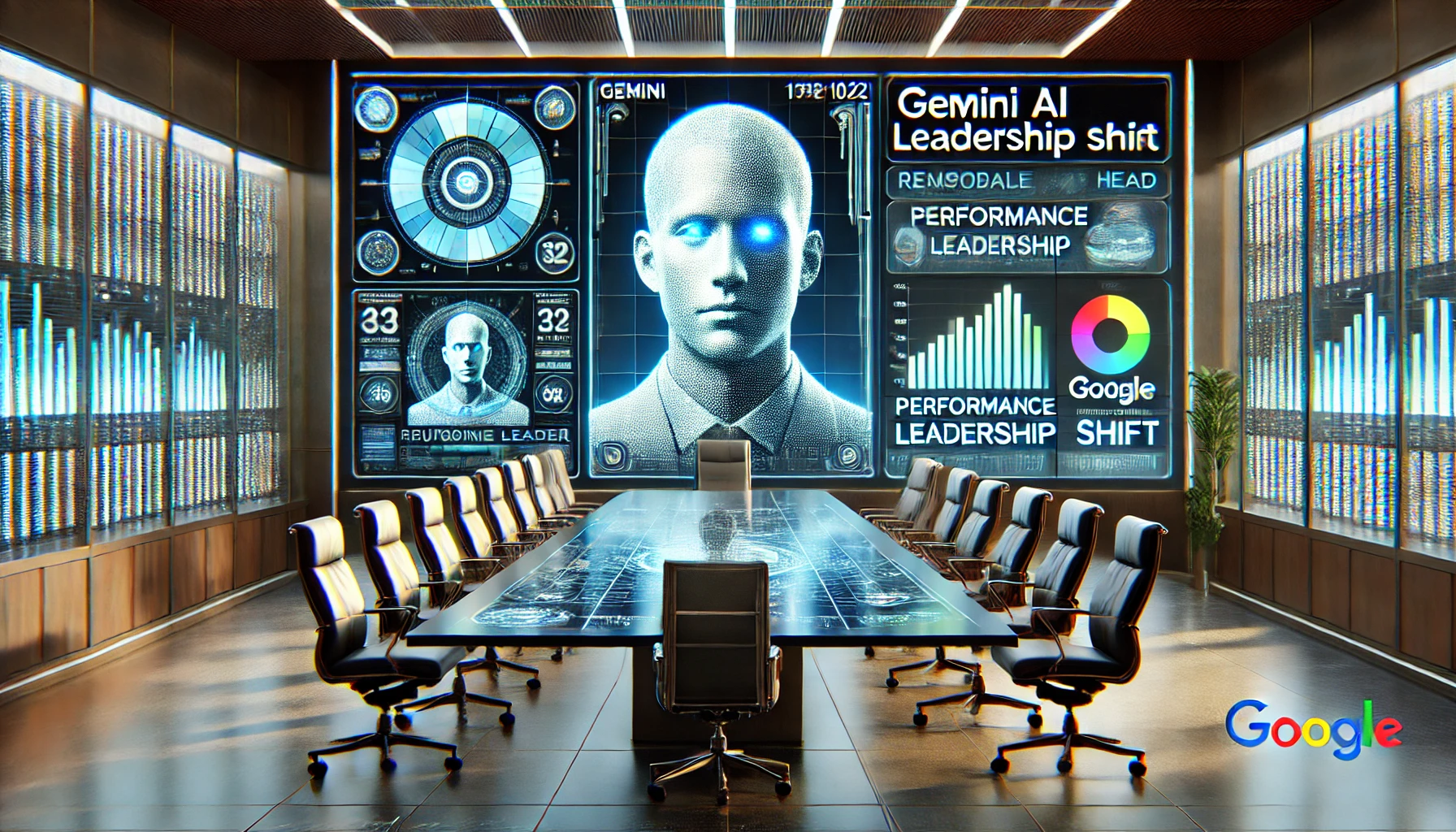Seattle, WA — As artificial intelligence becomes increasingly woven into everyday business operations, more companies are openly identifying AI as a key factor in workforce reductions. What began as a subtle shift in automation has now become a mainstream justification for layoffs — leaving thousands of workers wondering what their future looks like in an AI-driven economy.
Across sectors such as tech, finance, retail, and customer service, employers are stating more plainly that AI tools allow them to operate with fewer people, faster processes, and lower costs. In some cases, jobs are being redesigned; in others, eliminated entirely.
This marks a notable shift in transparency. A decade ago, companies rarely linked layoffs to automation for fear of public backlash. Today, experts say employers feel more confident acknowledging AI’s impact — and that honesty comes with new challenges for displaced workers.
AI-Driven Layoffs Are Increasing — and They Hurt Re-Employment Prospects
Career transition specialists note that being laid off specifically because of AI can make finding a new job more difficult.
A growing body of research shows that:
- Workers whose roles are replaced or reshaped by automation often face longer job searches.
- Some industries now treat “AI-related layoffs” as a signal that an individual’s former role may be obsolete or significantly downsized across the market.
- Job seekers may need to pivot into new career paths, not simply find similar roles elsewhere.
For many, this reality is unsettling — especially for mid-career professionals suddenly facing technological disruption they never saw coming.
“Don’t Wait — Prepare Now,” Career Coach Warns
A career coach interviewed for the story emphasized a clear message:
Workers must adapt before AI disrupts their job, not after.
Key recommendations include:
🔹 1. Upskill and Reskill Continuously
Learn AI-related tools, digital workflows, data literacy, and skills in high demand. Even basic familiarity with automation can elevate a résumé.
🔹 2. Lean Into Human Skills AI Can’t Replace
Roles requiring emotional intelligence, creativity, complex decision-making, interpersonal communication, and leadership remain deeply human-centric.
“These are the skills employers value most when everything else is automated,” the coach explained.
🔹 3. Stay Flexible — Pivoting Is Not a Failure
The future workforce rewards agility. Moving into a new industry or role may be the smartest career shift a worker can make.
🔹 4. Build a Career Safety Net
Networking, continuous learning, and maintaining a strong personal brand are essential in preparing for unexpected disruptions.
🔹 5. Seek Jobs Where AI Is a Co-Pilot, Not a Competitor
Roles that use AI tools to enhance — not replace — human performance are expected to grow.
The Future: Not Just Job Loss, but Job Transformation
Despite concerns, experts emphasize that AI will create jobs as well as eliminate them. Emerging fields — from AI governance to robotics maintenance to human-AI interaction — are projected to grow rapidly.
The challenge is ensuring today’s workforce can transition quickly enough.
“This is an inflection point,” the career coach stressed.
“AI isn’t coming for the workforce — it’s already here.
The workers who thrive will be the ones who adapt before they’re forced to.”





